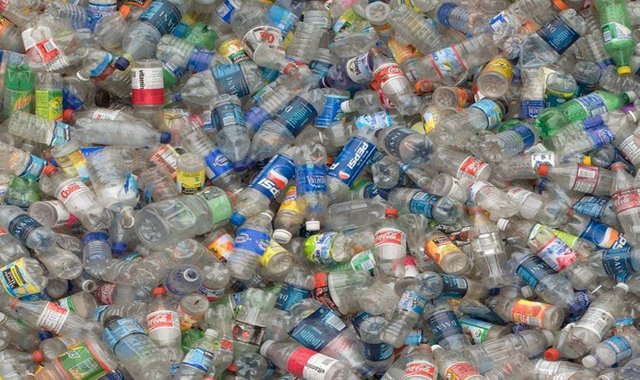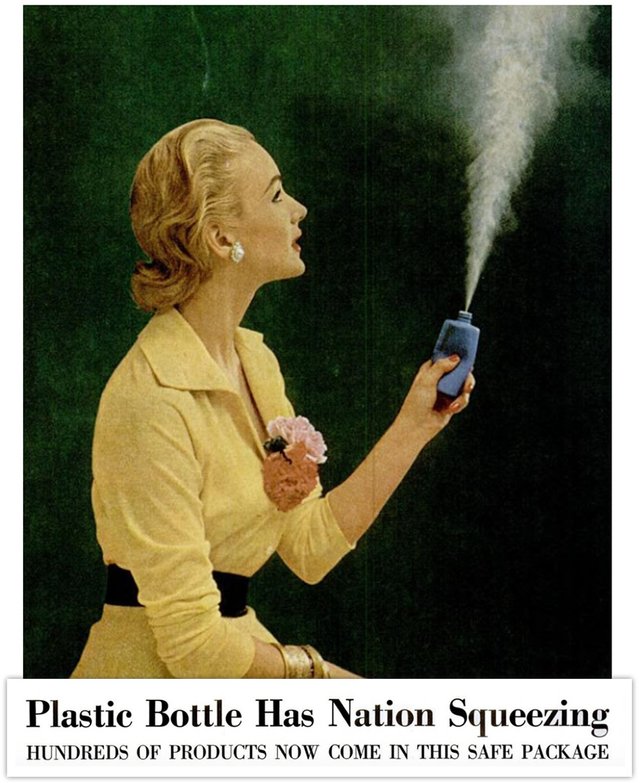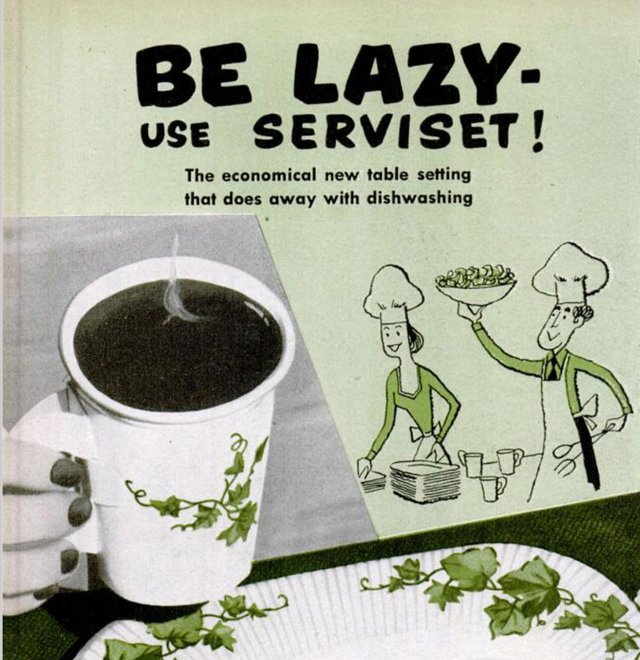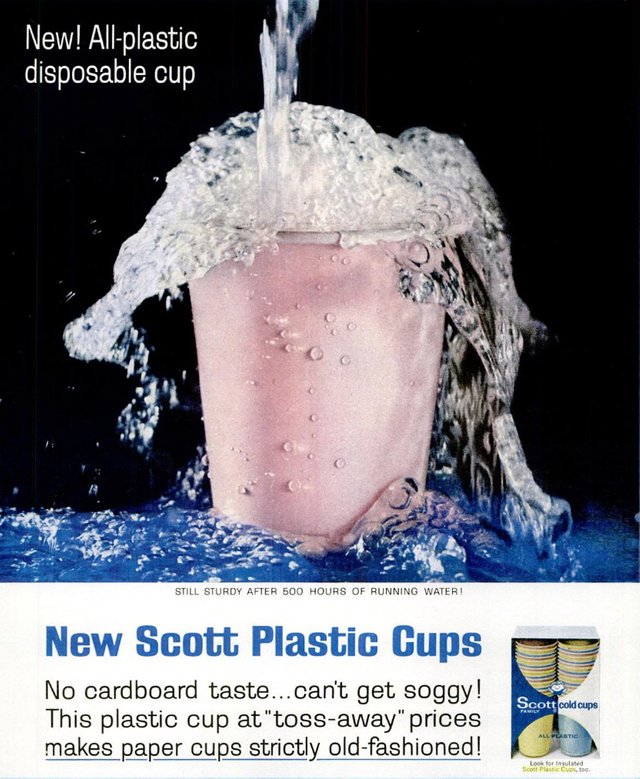The Biggest Producers Of Plastic Waste Are Working Together On A Solution To A Problem They Originally Created
Unilever, Coca-Cola, Procter & Gamble, Nestlé, and PepsiCo are some of the major names that are partnering to establish a new business venture called Loop, which was announced at the World Economic Forum in Davos, Switzerland earlier this year. Loop uses the “milkman model” to deliver everyday products in our home that may otherwise end up in landfills.
It’s a going-back-to-basics concept, and the process is simple: order your favorite shampoos, drinks, and other necessities through Loop, and the company will deliver them in durable and reusable packaging. When you’re done with the packaging, schedule a pickup and Loop will retrieve the packaging, clean them out, and reuse them.
Obviously, this process significantly reduces our dependence on single-use plastic. I know by now you’re probably thinking “Wow! This is awesome! I support this initiative!” But hold on a moment and remember. It’s those same companies who knowingly and deliberately created the plastic pollution are coming now to us with a solution. They created the poison, and now they’re coming to us with a cure. They profited from the problem, and now they want to profit from the solution.
In the United States, we used to have a really great system for dealing with coke or soda bottles. After we’re done drinking a bottle of coke, we were expected to return it to the shop or store from which we bought it. When the company delivers the next shipment of coke to the store/shop, they pick up the empty bottles and ship them back to the company’s facility. The company would then clean the bottles and use them again and again. Amazing, isn’t it?
Around the 1850s, however, companies began experimenting with single-use bottles and cans. Suddenly, lots of other things became single-use too, and this is how the plastic pollution problem originated.
Single-use packages were advertised as convenient and elegant in mainstream media from the 1930s to 1960s.
Single-use packages were advertised as convenient and elegant in mainstream media from the 1930s to 1960s. The expression “shape public opinion” is ubiquitous among propagandists (aka advertisers) because they understand very well how effective direct and continuous marketing is on the human brain and people’s behavior. The following two ads, for example, aim at normalizing and popularizing single-use plastics to the American public:
It was all due to a decision made by for-profit corporations that created the crippling plastic pollution, and they alone are to be blamed or held accountable for it, not the public. Nonetheless, corporations through their friends at the major media outlets insisted that it's the people's fault and they are to be blamed. Through nationwide propaganda, they convinced the public that it's people's fault. A lie told often enough becomes the truth. They would play frequent commercials, which were funded by the can and bottle industry, every Earth Day insinuating that pollution is people's fault, not corporations'.
Check the following misleading advertisement by the PSA in the 70s featuring a crying Native American. This ad misleads the audience into thinking that plastic pollution is people’s fault and not corporations. The commercial fails to mention that it’s corporations who decided to use plastics and it’s also the corporations who popularized single-use plastics to the public.
Thanks to constant propaganda, corporations successfully convinced citizens that they should pick up the trash that the corporations were creating! Instead of forcing these corporations to have an efficient and eco-friendly product, companies bribed (or “lobbied” if you’re a fan of languagewashing) politicians to point their fingers the other way. And so, the responsibility to maintain the environment shifted from corporations to the citizens. It shifted from the person selling to the person buying.
It's imperative that we, as citizens, understand this burden that large corporations and propaganda outlets wrongfully laid upon us. Take for example the YellowVests protest in France, which initiated last year after the French government imposed tax hikes on fuel (gasoline and especially diesel) as part of the government's proposed carbon tax to improve the environment. Instead of taxing the income of corporations themselves such as the gas stations or oil companies (sellers) that are selling gasoline and diesel, the government taxed citizens (buyers) instead. They penalized and punished the individual buying the poison not the corporation selling it, which fueled the outrage of the already impoverished and overtaxed French working-class.
Now after presenting a brief history of the problem for a meaningful context, we can better understand the false solution that corporations like PepsiCo are trying to promulgate today. In reality, they are creating an Amazon-like online retail monopoly to pick up their waste while burdening consumers with some of the cost. It shouldn’t be that way. They could just provide eco-friendly packaging like glass for their products and allow consumers to return the empty bottles to the shops/stores where they bought them. Otherwise, they could standardize a kind of glass jars or containers that people can repurpose to store other liquids or other things.
Alternatively, independent contractors (similar to the concept of Uber Eats for example) can pick up the empty glass bottles from consumers’ homes and return them to a local facility where they get paid by the original manufacturer — this could generate freelance opportunities!
Recycling is a failing industry. It’s expensive and wasteful. The only reasonable solution to this problem is a congressional law that forces corporations to use environmentally friendly reusable packaging like glass or hemp or bamboo.




Hello @alicheaib! This is a friendly reminder that you have 3000 Partiko Points unclaimed in your Partiko account!
Partiko is a fast and beautiful mobile app for Steem, and it’s the most popular Steem mobile app out there! Download Partiko using the link below and login using SteemConnect to claim your 3000 Partiko points! You can easily convert them into Steem token!
https://partiko.app/referral/partiko